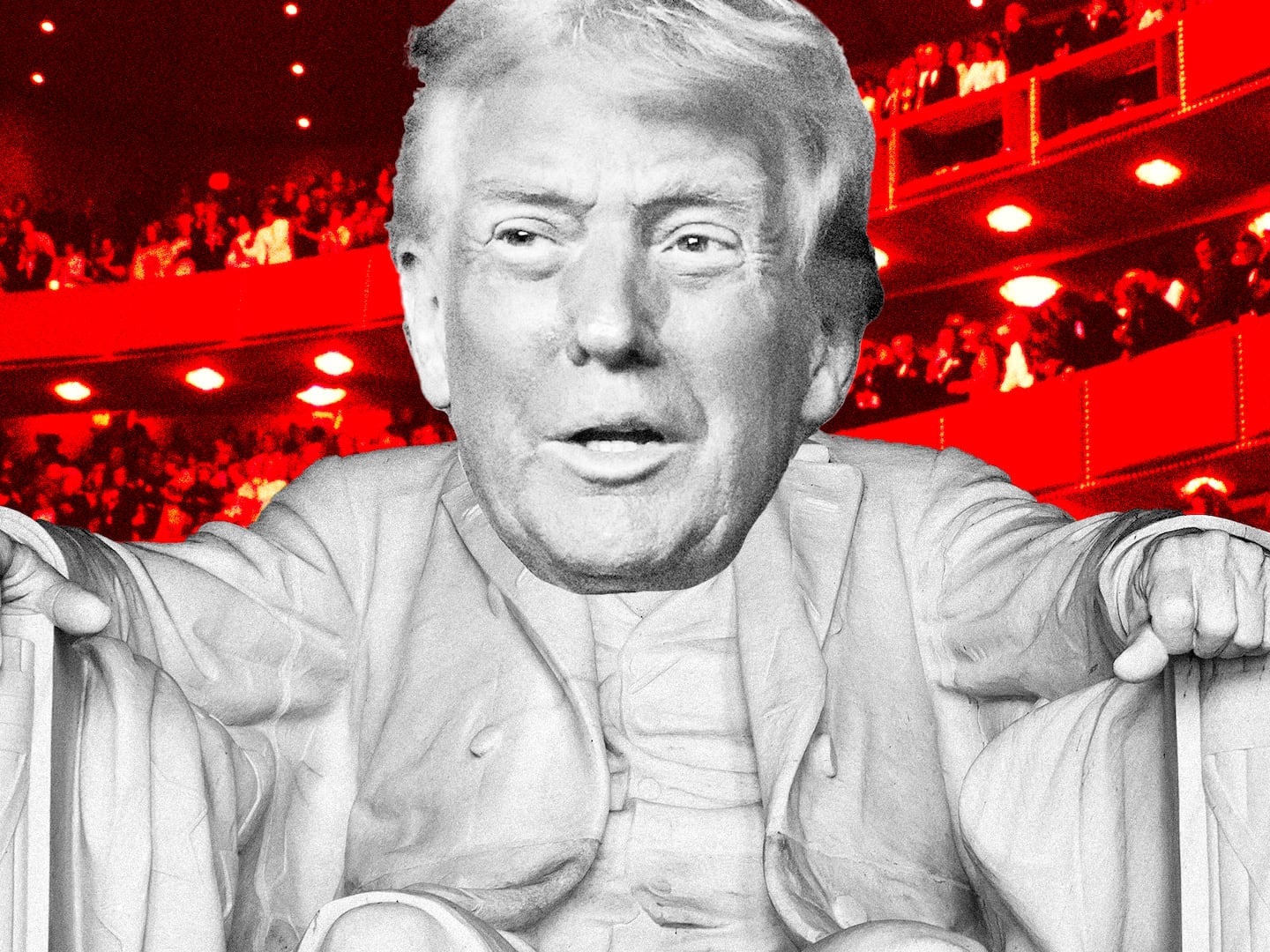
Part two of a series on the social safety net's future. Read part one here.
Now the follow-up question as we debate the role of government in 21st century America:
Middle-class incomes have grown much more slowly in recent decades than in the 30 years after World War II. Since the late 1990s, middle-class incomes have ceased growing altogether. It's a complicated debate exactly why this is so.
Probably most people agree, though, that the slow-down has something to do with a more globalized world economy. Basically, those people who have unique assets or unique skills to sell are discovering a bigger marketplace, but those people with only typical skills to sell are discovering more (and cheaper) competition. Upper incomes rise; middle and lower incomes come under downward pressure.
If globalization is the source of pressure on income, there is not a lot government can to do alleviate the problem for private employees - not without blowing up the world trading system, anyway, and making everybody poorer. We are thrown back on the Obama idea of an expanded role of government as provider of middle class employment.
By contrast, Mitt Romney emphasizes upward mobility: opportunity for the most talented members of the lower and middle classes to rise to a higher class level. But that answer offers little to those people who can't make this jump - unlike the situation in the 1950s and 1960s, when almost all Americans enjoyed rising incomes, and people became better off even if they did not improve their relative class position.
Which raises the questions:
1) Is a stagnant middle class a problem - or do we just write off those whose incomes are drooping as parasites and takers, reconciling ourselves to a society of more concentrated wealth and power?
2) If it is a problem, do we accept the Obama Osawatomie answer (see at bottom for the most relevant paragraphs): more government employment, more government contracts?
3) Do we accept the Romney answer of attempting to enhance upward mobility, opening avenues for the most talented to rise above their less talented neighbors and relatives, but not much overall income growth for everybody else?
Or 4) In a world in which middle-class incomes may stagnate at the middle, can we nonetheless do things to provide better lives in years ahead for the (possibly very large) majority of Americans who will not be reaping large benefits from globalization? Such as, for example, easing the anxiety whether they'll have health insurance if they get sick?






